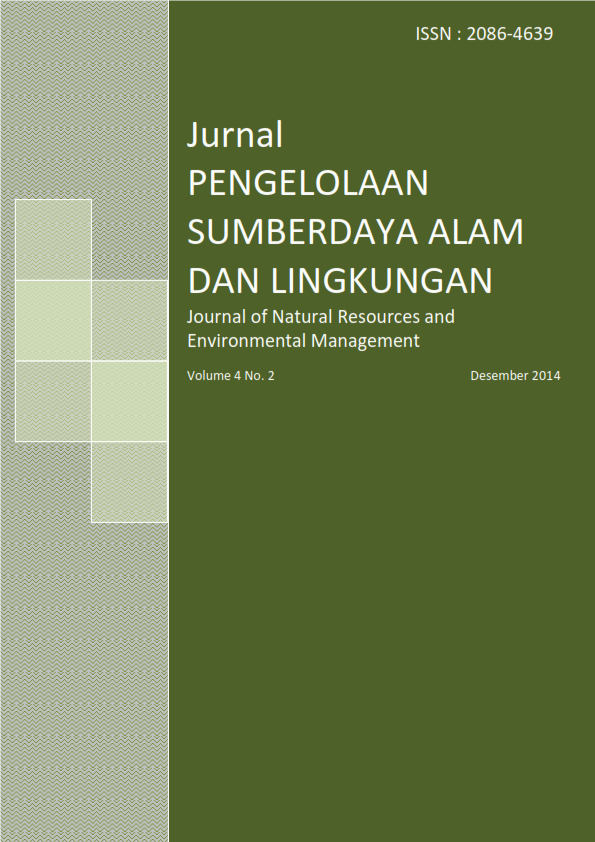PERSEPSI MASYARAKAT LOKAL TERHADAP DAMPAK INDUSTRI PARIWISATA TAMAN SAFARI INDONESIA DITINJAU DARI KONSEP PEMBANGUNAN BERKELANJUTAN
Abstract
This study tries to identify and analyze the perception of local society towards the effect of tourism industry of Taman Safari Indonesia (TSI) Cisarua-Bogor. The existence of such toursm activity has effected the local society and environment. This study aims at analyzing society’s perception towards the effect of such tourism industry of TSI Cisarua-Bogor. In analyzing such perception towards the effect of tourism industry at Indonesia Safari Park Bogor, descriptive qualitative, SWOT, and Quantitative Strategies Planning Matrix (QSPM) used by seeing the direct and indirect impact as well as the continous strategy. The result of analysis shown that the existence of TSI Cisarua-Bogor tourism had given positive impact to the society particularly in economy aspect, but on the other hand it had also shown its negative impact particularly the condition of its environment. Furtheremore, there had been a formulation of strategy for empowering the local society economy and an optimalization of tourism potency for encouraging society’s ability in preserving the environment.
Keywords: socio economic and environmental impacts, tourism, society’s perception, SWOT analysis,QSPM analysisAuthors
Authors who publish with this journal agree to the following terms:
- Authors retain copyright and grant the journal right of first publication with the work simultaneously licensed under a Creative Commons Attribution License that allows others to share the work with an acknowledgement of the work's authorship and initial publication in this journal.
- Authors are able to enter into separate, additional contractual arrangements for the non-exclusive distribution of the journal's published version of the work (e.g., post it to an institutional repository or publish it in a book), with an acknowledgement of its initial publication in this journal.
- Authors are permitted and encouraged to post their work online (e.g., in institutional repositories or on their website) prior to and during the submission process, as it can lead to productive exchanges, as well as earlier and greater citation of published work (See The Effect of Open Access).






